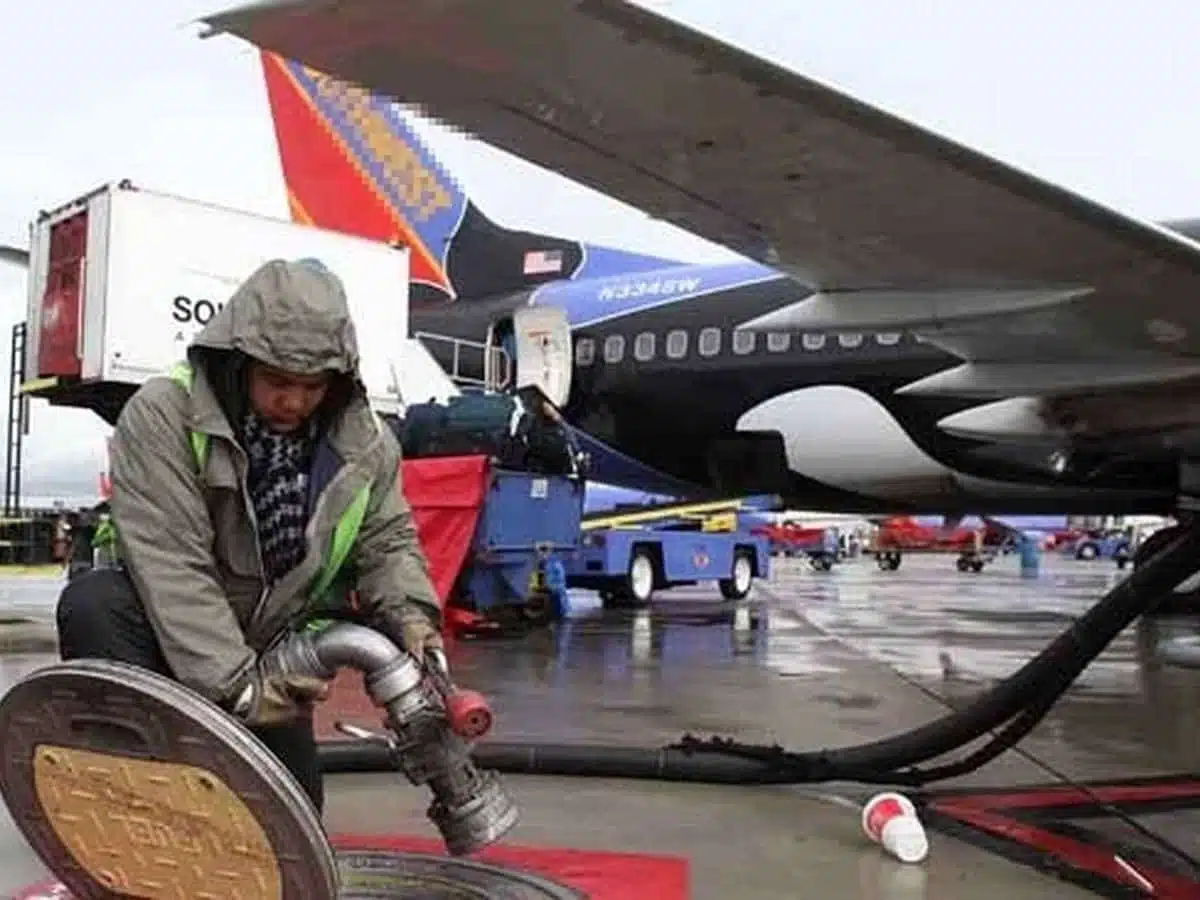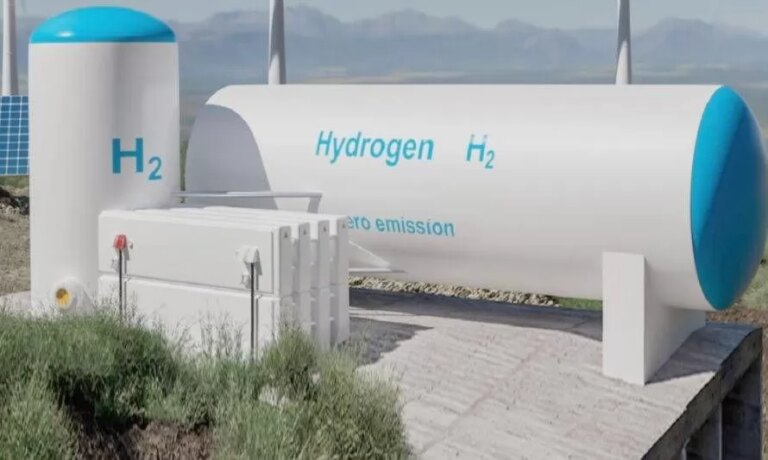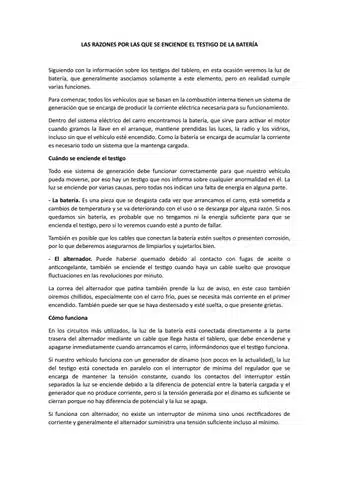The airlines are requesting that the Government block the implementation of the new aviation fuel tax in the European Union

In the midst of the intense debate in the European Union regarding the potential establishment of a aviation fuel tax, airlines have raised their voices to request the Government to suspend this regulation. This tax, which falls within the scope of tax reviews, could bring about harmful economic consequences, especially for the tourism sector in Spain. The aviation industry fears that the implementation of this fee will compromise its competitiveness, affecting both passenger demand and job creation, in a context where tourism plays a key role in the national economy.
Introduction
In the midst of an intense debate in the European Union (EU), airlines have raised their voices to urge the Government to block the implementation of a new aviation fuel tax. This tax, which is under discussion as part of the review of the Directive on the Taxation of Energy, could have significant repercussions on the economy of air transport and, consequently, on tourism and employment in Spain.
The possible economic impact of the tax
Airlines for Europe (A4E) and the European Regions Airline Association (ERA) have presented a report estimating a considerable negative impact of this new tax. According to the analysis, the aviation fuel tax could lead to losses of around 7.7 billion euros in the Gross Domestic Product (GDP) of Spain, mainly due to the decrease in tourism.
Projections indicate that if this tax is implemented, Catalonia could experience a reduction in GDP of approximately 724 million euros. This is because it is anticipated that tourism spending will fall by 1 billion euros, which would give regions not penalized by the tax a competitive advantage over Catalonia and other areas of Spain.
Concerns of the airlines
Airlines express their concern regarding how the new rate could influence ticket prices and passenger demand. It is estimated that ticket prices could rise by 6.5% across Spain and 6.1% in Catalonia by 2033. Additionally, the projection also mentions an 8.7% drop in passenger demand in the country, as many tourists would opt for destinations outside the EU due to higher rates.
Alternatives to the implementation of the tax
Instead of imposing new taxes, A4E and ERA advocate for focusing on initiatives that promote sustainability and decarbonization of the aviation sector. This includes the development of Sustainable Aviation Fuel (SAF) and the implementation of more sustainable technologies in aviation. Airlines believe that these measures are essential to ensure Spain’s competitiveness as a tourist destination, without negatively affecting the national economy.
Commitment to sustainability
Despite the fear of tax implementation, airlines are committed to the decarbonization of the sector. Airlines follow EU guidelines to achieve a net zero emissions scenario by 2050. However, the current use of sustainable fuels is minimal, leading to the need for leadership from administrations to facilitate this transition.
Representatives of the associations warn that implementing additional taxes on kerosene will not favor the sustainability of aviation and could negatively impact the economy and employment, especially in regions dependent on tourism.
Conclusion
The discussion regarding the new aviation fuel tax in the EU continues to generate tension between airlines and the Government. Economic projections and concerns about the competitiveness of tourism in Spain are crucial issues that need to be considered before proceeding with the implementation of this tax. With eyes on the future, airlines are urging that options that promote sustainable growth in the aviation industry be prioritized.
Implications of the new aviation fuel tax in the EU
Airlines in Europe are at the center of an intense debate over the possible introduction of a new aviation fuel tax by the European Union. This tax could negatively impact the competitiveness of airlines, especially in countries like Spain, where tourism plays a vital role in the economy. With projections of massive losses that could reach up to 7.7 billion euros in GDP, the aviation sector has raised its voice requesting the Government to intervene and block this measure.
The report presented by Airlines for Europe (A4E) and the European Regions Airline Association (ERA) emphasizes that the implementation of this tax would not only harm airlines, but it would also have devastating repercussions for the tourism sector in the country. The potential reduction in tourism spending and the anticipated decline of 6% in passenger demand in communities like Catalonia are sufficient reasons to consider the consequences of such taxation.
The impact of this new tax goes beyond the economic, as it could mean a loss of jobs that would affect thousands of workers in the industry. It is estimated that more than 50,000 jobs could disappear across Spain if this new tax is imposed. Airlines have expressed their determination to seek more sustainable and less harmful alternatives than this tax, such as promoting Sustainable Aviation Fuel (SAF).
Consequently, the airlines’ call goes beyond self-interest and highlights the need for a balanced approach that considers sustainability and economic growth. The pressure exerted by the sector on the Government reflects the urgency to protect tourism and ensure an environment that fosters sustainable growth in the field of aviation within the European Union.




